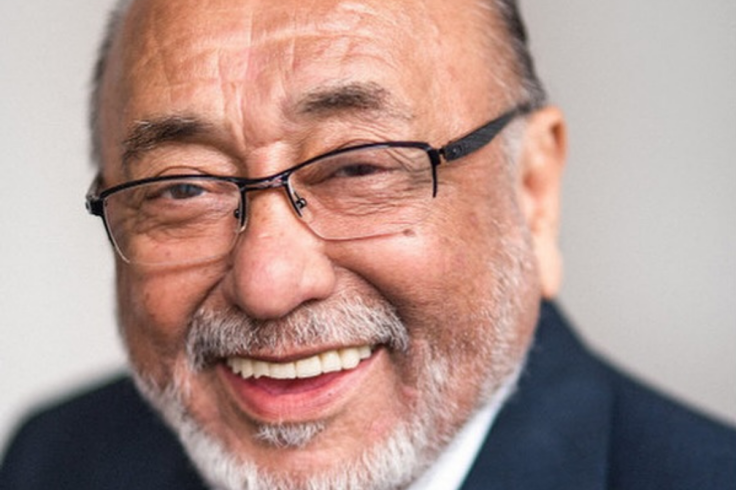
Eddie Palmieri, the legendary Latin jazz pianist whose groundbreaking sound reshaped salsa music, has died aged 88. His family confirmed that he passed away peacefully at home in New Jersey on Wednesday following a long illness.
Palmieri was a bold innovator, born and raised in New York City, who spent seven decades fusing rhythm, rebellion and richness into Latin music. From the Bronx to the world stage, his influence was profound and far-reaching.
What Made Him a Latin Music Giant
Palmieri was never content to stick to convention. In the early 1960s, he stunned the Latin music scene with La Perfecta, a band that swapped violins for trombones and gave salsa a deeper, brassier edge.
He blended jazz improvisation with Afro-Caribbean rhythms and a sharp political voice. The result was bold, brilliant and unmistakably his.
His music had groove, yes, but also soul and urgency. In 1975, he became the first Latin musician to win a Grammy. He would win seven more over the years, but it was the reverence of his peers that truly solidified his legacy.
When Did Eddie Palmieri Die?
Palmieri's death was confirmed on Wednesday. According to his daughter, Gabriela, he died peacefully at home, surrounded by loved ones.
Just months earlier, he had withdrawn from a major tribute concert due to health concerns. While fans feared the worst at the time, the music world is now united in grief over the loss of one of its fiercest talents.
Where Did His Musical Journey Begin?
Born in December 1936 to Puerto Rican parents, Palmieri was raised in Spanish Harlem before the family relocated to the South Bronx. He began playing piano at the age of eight and was performing professionally by his teens.
His older brother, Charlie Palmieri, was also a renowned pianist, and the siblings often performed together throughout their lives. Though based in New York, Eddie Palmieri's sound travelled the globe, and he formed strong musical ties throughout the Caribbean, South America and beyond.
Who Was Eddie Palmieri?
To fans, he was 'El Maestro'. To musicians, he was a boundary-breaker, mentor and icon. While his roots were in salsa, Palmieri refused to be confined by genre.
Albums such as Justicia, Harlem River Drive and The Sun of Latin Music blended protest, poetry and rhythm in a way few had attempted before. His music was raw, joyful, angry, reflective — sometimes all in the same track.
For Palmieri, music was never just background sound. It was purpose. It was resistance. It was celebration.
Why Eddie Palmieri's Legacy Matters
Palmieri did not simply entertain; he transformed the landscape of Latin music. He opened doors for future generations, demanded greater recognition for Latin artists, and pushed the genre into unexplored territory.
His work was so influential that several of his compositions were archived by the Library of Congress. Yet his most lasting contribution may be in the artists who cite him as their inspiration to begin making music.
He made space for pride and protest, and for sound that dared to speak out.
How He Is Being Remembered
Tributes have been pouring in from across the globe. Fellow artists, fans and cultural leaders are honouring not just the music, but the man — a revolutionary who refused to compromise, who remained true to his roots, and who always kept the rhythm alive.
Eddie Palmieri's story may end at 88, but the music never stops. His hands may have left the keys, but the beat — his beat — plays on.







